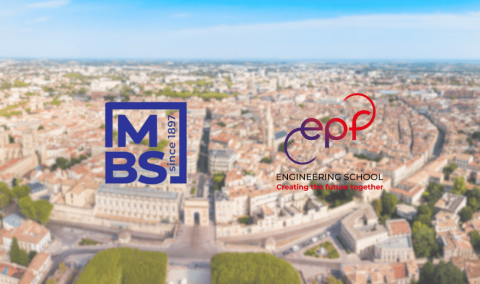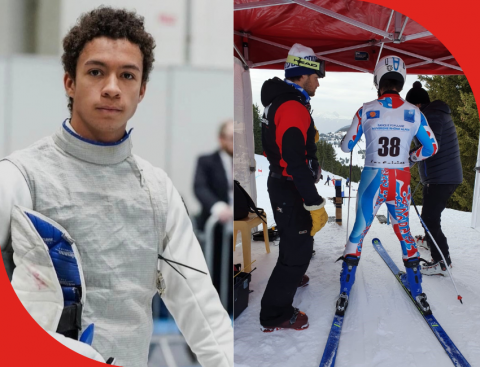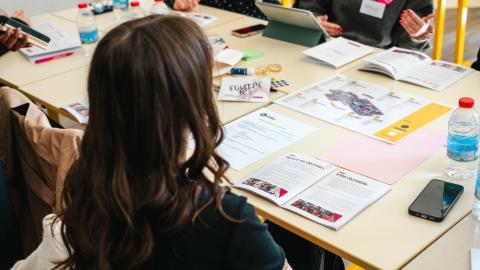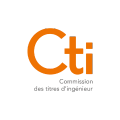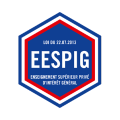New uses, new technologies : teaching innovation at EPF
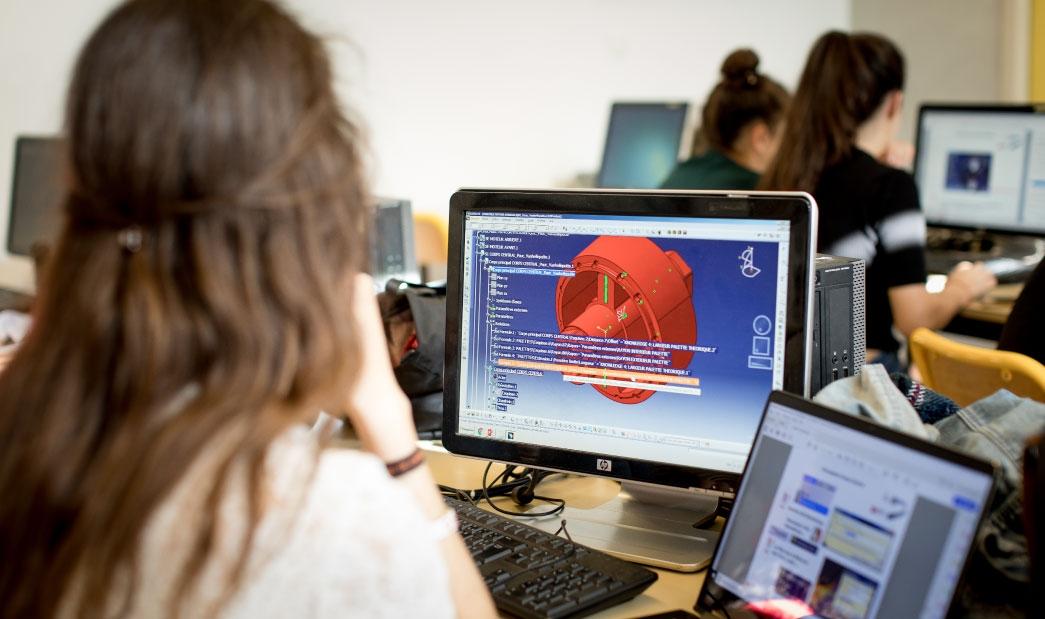
New uses, new technologies, new generation. New techniques to transfer knowledge are slowly emerging, in particular in engineering schools with a view to making courses more interactive and accessible to students. Here is a little update on these 2.0 teaching methods.
What is teaching innovation ?
There has been ongoing reflexion on teaching, but it seems to have grown significantly over the past few years. In 2013, The French Ministry of National Education, through its recently created body – the national council on innovation for academic success (Conseil national de l’innovation pour la réussite éducative) suggested a definition of the latter: “An innovative practice is a teaching action characterized by close attention given to students, the development of their well-being and the quality of learning. It is based on the teaching staff and students’ creativity, but also on a methodology that focuses on implementing change”. In other words, today’s students who were born with the Internet need to be stimulated in a different way. The underlying idea is to help them better learn through new teaching methods.
What about engineering schools ?
Engineering schools have been implementing teaching methods through projects with concrete cases for many years, thus encouraging students to understand theory through practice. Beyond this learning method, future engineers also benefit from experimentations within their school. EPF is no exception: “At EPF, we are convinced that we will very shortly be teaching differently, in other places, with different methods and other types of assessment. The teacher’s role will be different and we wish to stand as a pilot institution facing up to these future changes” explains François STEPHAN, Head of the Montpellier Campus, who has created a reflexion cell on teaching and digital innovation at EPF, which has been operating since October 2017. Approximately 15 teachers from the 3 campuses participate in it.
Several subjects studied at EPF
A Hybrid teaching method for mechanics
Forget the traditional photocopies handed to students in the auditorium, followed by practical exercises. Students now use digital resources prior to the lessons: videos, method sheets, fact sheets, self testing, etc. “The individual sessions with a teacher are devoted to identifying obstacles and solving complex issues. Students can then work at their own rhythm, in any place and with a certain level of autonomy” says François STEPHAN. This is the very idea of Blended Learning. From the beginning of the 2019 EPF academic year, most 1st and 2nd year courses will benefit from these new teaching methods.
Real life situations for students will change during 3rd year at EPF: courses will no longer be by subject but rather cross-sectional and students will mainly work as part of a team on projects, combined-techniques and multi-disciplinary applications. Most of the courses are given following a reversed class pattern.
Students have to work independently, as part of a group, discover new concepts and search for information on a subject that he/she does not master: an essential skill when he/she starts a professional life.
A learning digital platform
These developments go hand in hand with the development of digital support tools. AS most other engineering schools, EPF uses the digital learning management system Moodle. Often, is is only used by teachers to make lessons available on line. EPF aims at making it more efficient and interactive so as to become a genuine learning tool.
The tool has been modernised in order to make students and teachers want to browse it. Here is how it works: teachers download digital resources accessible to students who can then further deepen the subject. This has already been made possible in mathematics, mechanics, IT as well as some physics courses. Eventually, it will become a self-learning system for all technical and scientific subjects.
A personalized e-portfolio
The portfolio is an online tool still under development. It is intended for students to better assess and analyse the required skills. This concerns attended courses, experience abroad, internships but also extra-curricular activities: sports, associations, travelling… During his/her years of study, the engineering student carries out a personal reflexion, which will help him/her complete the digital portfolio with the help of a tutor. This document will remain with the student throughout his entire training and even his entire life.
Approximately 30 students have been testing it since the beginning of the 2018 academic year. It will be extended to students form the Montpellier Campus technological training in January 2019. If the test is conclusive, all the first year students could have access to it at the beginning of the 2019 academic year.
In parallel with these studied subjects, many other innovative experiences are led, such as the significant use of FabLabs (experimental means to design and prototype mechatronic objects) during lessons, but also the carrying out of Business Games or didactic Escape Games with a learning purpose.
